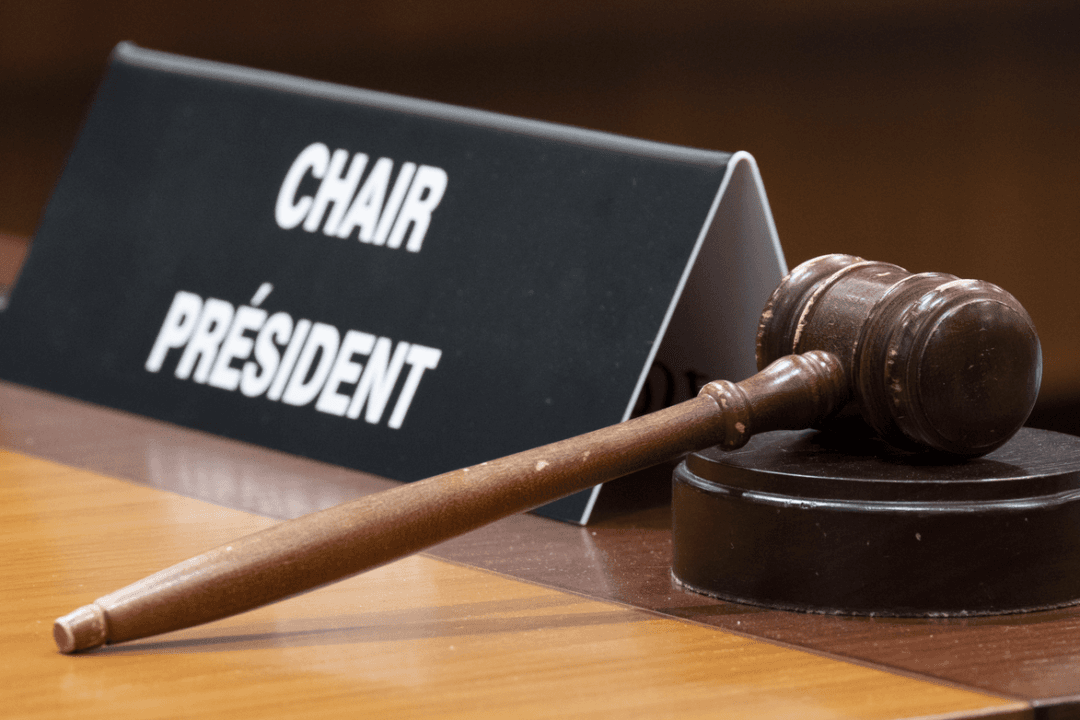Amid China’s increased assertiveness in global affairs and reports of its interference in the domestic affairs of Canada and other countries, a House of Commons committee report is putting additional pressure on the government to create a foreign agent registry to address the threat.
The report, published May 17, notes Beijing’s “increasingly assertive stance in global affairs, along with its intrusions in the domestic matters of other nations,” which have prompted many countries to reevaluate their relationship and policies toward the regime, the Special Committee on the Canada–People’s Republic of China Relationship (CACN) said in a news release.





